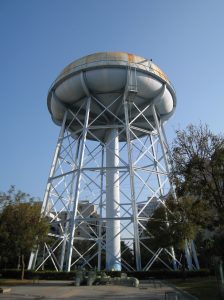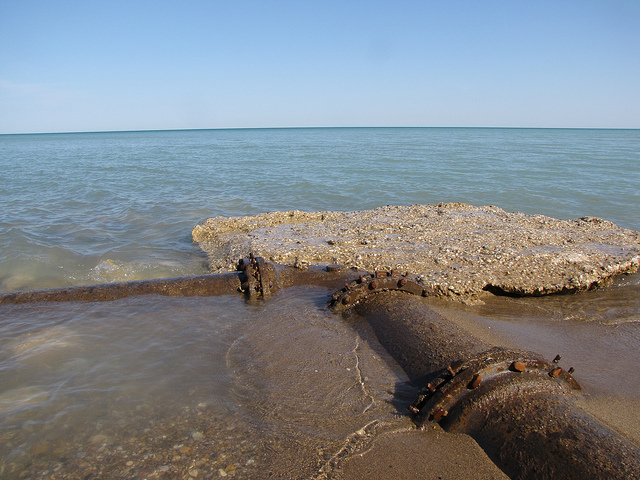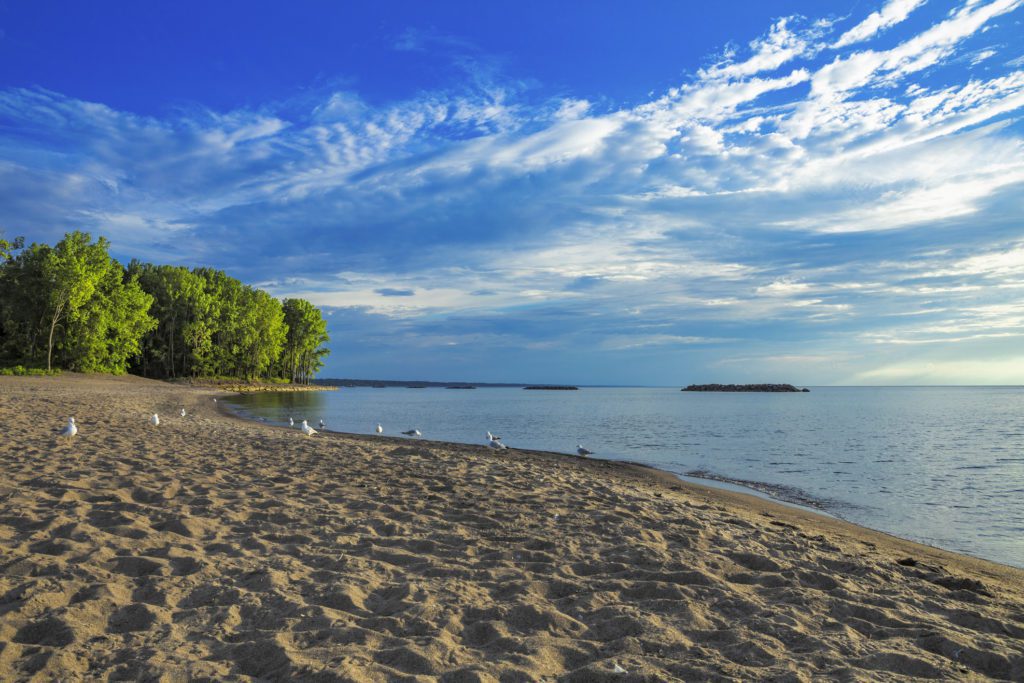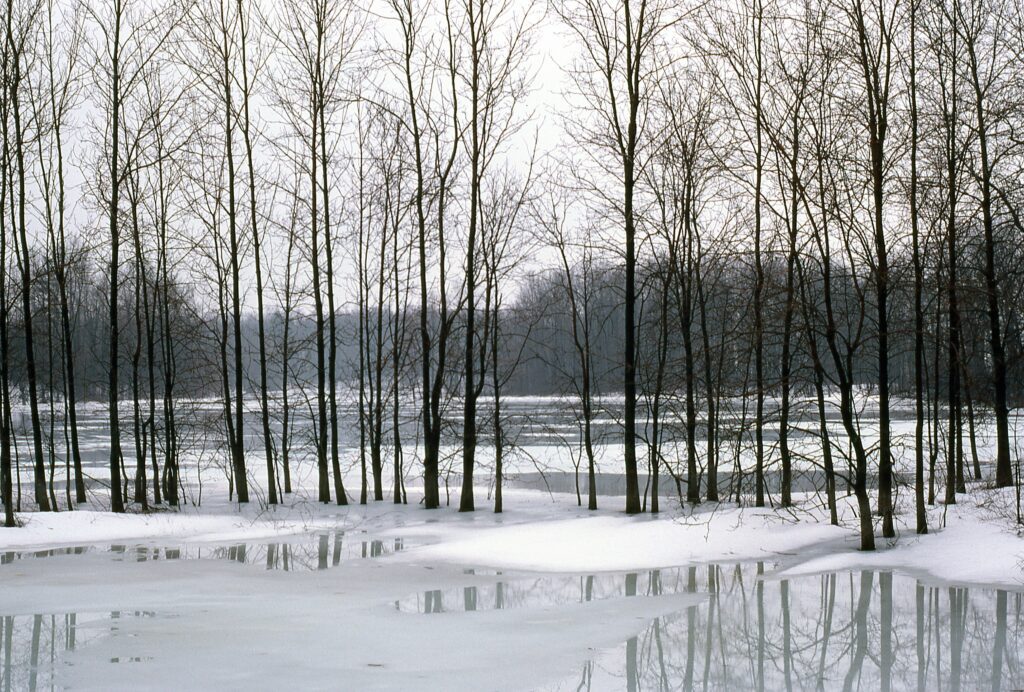 On Tuesday, the eight governors of the U.S. Great Lakes states voted unanimously to allow Waukesha, Wisconsin to divert more than 30 million litres of Great Lakes water outside of the basin each day. This decision sets a bad precedent for future decisions about diversions outside of the watershed and may weaken the legal safeguards that were put in place to protect the Great Lakes ecosystem.
On Tuesday, the eight governors of the U.S. Great Lakes states voted unanimously to allow Waukesha, Wisconsin to divert more than 30 million litres of Great Lakes water outside of the basin each day. This decision sets a bad precedent for future decisions about diversions outside of the watershed and may weaken the legal safeguards that were put in place to protect the Great Lakes ecosystem.
By accepting the Waukesha diversion request, U.S. states and Canadian provinces (who accepted the request at the May Regional Body meeting) granted the city an exception to the Great Lakes Compact, a legally binding, bi-national agreement that prohibits water diversions outside of the Great Lakes basin. The agreement was created to protect the future sustainability of the Great Lakes, the largest source of freshwater in the world. Though the Compact allows for certain exemptions to the diversion restrictions for communities in counties straddling the Great Lakes watershed, Waukesha failed to meet the strict criteria required for such an exception to be made.
Most notably, Waukesha did not adequately demonstrate that it lacks reasonable alternatives to pumping out millions of litres of Great Lakes water on a daily basis. Though the city has naturally occurring radium in its water supply, neighbouring communities who share the same aquifer are using technologies to treat their water. In addition, independent reports found several alternatives the city could use, and at lower costs than pumping water from Lake Michigan.
Great Lakes States and Provinces ignored their constituents
In the months leading up to the final decision, thousands of people on both sides of the border spoke out asking decision makers to deny the application. Out of the 11,200 public comments received by the bi-national Regional Body during the public comment period, a total of 99 per cent (and 100 per cent of the Canadian comments) either opposed or expressed strong concerns about the request. Last week, a group of over 100 mayors on both sides of the Canada-U.S. border called for a rejection of the diversion.
Despite this widespread public opposition, and Waukesha not adequately meeting the criteria to receive an exemption under the Great Lakes Compact, U.S. governors and Canadian premiers decided to approve the request. Now a dangerous precedent may have been set. Their decision could weaken the interpretation of protections in the Great Lakes Compact and allow for more diversions of Great Lakes waters outside of the basin.
Why it matters
Why is this a problem? The world’s freshwater supplies are incredibly limited: only one percent of all the water on the planet is available to meet the needs of nearly 7 billion people. And in the Great Lakes, only one percent of the water is renewable, which means that if more than that leaves the watershed in a year, water levels will drop. Emerging evidence shows that many freshwater lakes around the world are disappearing before our eyes. This trend has been due in large part to an increase in water extraction for human consumption and compounding issues like climate change.
As the world’s freshwater sources face increasing pressures from climate change and population growth, it is imperative that we protect the Great Lakes and the life-sustaining resource they contain.
Our work isn’t over. As part of our ongoing work to ensure the health of the Great Lakes, we will work with our allies in Canada and the U.S. to continue to monitor the implications of this precedent-setting decision, and make sure Waukesha is meeting the conditions of its diversion request.
Learn more about our work to protect water and what you can do to help here.









